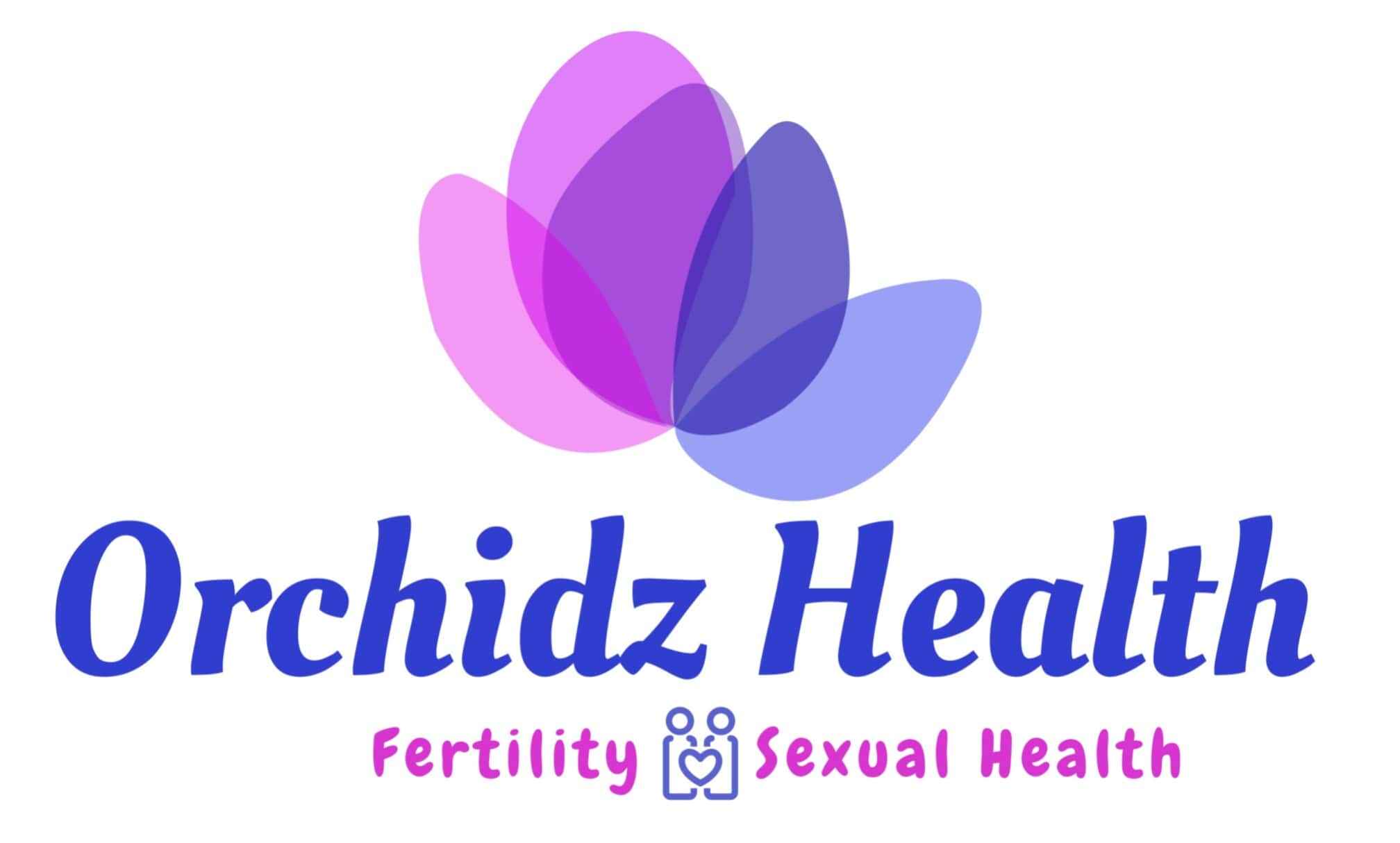IVF/ICSI

What is Assisted Reproductive Technique (ART)?
The procedures which involve the handling of the male and female gametes (egg and sperm) outside the human body constitutes ART.
IVF is a process where a sperm fertilizes an egg outside the human body in a petridish. ICSI is a process where a sperm is injected into the cytoplasm of an egg, under microscopic guidance.
What are the indications of IVF/ICSI?
Your doctor may advise you to undergo this procedure if:
- Fallopian tubes are blocked
- Multiple cycles of failed ovulation Induction/IUI
- Poor ovarian reserve
- Severe oligoasthenoteratospermia or azoospermia(very low sperm count)
- IF preimplantation genetic testing of the embryo is indicated
- Unexplained Infertility
- Severe Endometriosis
How is the IVF/ICSI procedure carried out?
The procedure starts on day 2/ day 3 of the menstrual cycle. Vaginal scan will be done and daily injections started. The injections last for a period of 9-13 days on an average. 3-4 follicular scans will be done during this time. Mature eggs will be aspirated from the follicles, under anesthesia by a process called Ovum Pick Up(OPU).
The eggs are fertilized be sperm in the lab. The embryos are cultured upto day 3,4 or 5 and transferred back to the uterus. Pregnancy is normally tested about 2 weeks after the embryo transfer.
What is the success rate of IVF/ICSI?
The chance of a healthy pregnancy with one cycle of embryo transfer is 60-65%. If excess embryos are available after transfer, they are frozen in liquid nitrogen. These can be used anytime during the next 5 years. Thus the cumulative pregnancy rate increases for each embryo transfer cycle.
What are the complications associated with IVF/ICSI?
Complications are mostly related to the medications used. About 20-25% experience mild symptoms such as abdominal bloating, nausea, headache, tiredness. Ovarian hyperstimulation syndrome seen in women with PCOS and increased AMH values is preventable with the judicious use of medications for ovarian stimulation and doing frozen embryo transfer where indicated.
Multiple pregnancy (twins/triplets) is directly related to the number of embryos transferred and the number which implant. Hence, it can be avoided by transferring only the required number of embryos.
Will the child conceived through IVF/ICSI be different than that conceived without?
This process involves the fertilization of egg by the sperm when it fails to happen naturally. Nothing much is done which affects the genetics of the embryo. The risk of major congenital malformation in a natural conception is 2-3%, which is the same for a child conceived through ART.
What else should I know?
Some common myths cleared:
- IVF/ICSI procedure can be planned and the visits scheduled as per your daily routine.
- The pain associated with it is mostly of the injections used.
- No increased risk of cancer/ weight gain after the procedure.
- Complete bed rest is not indicated in all women undergoing IVF/ICSI.
- You can have a normal pregnancy and normal delivery after IVF/ICSI.
- It is possible to have a natural pregnancy after undergoing the procedure(to further expand your family, if required)
Which doctor is best for IVF?
Dr Sneha J is a Gynecologist and best fertility specialist. She has completed MD OBG from the top university AIIMS , Delhi and University fellowship in Fertility/ Reproductive medicine. She had further training in dealing with these conditions, as a visiting fellow at high output centres in Madrid, Spain and Chicago,USA. A gynaecologist experienced in treatment of these conditions is best for IVF treatment.


